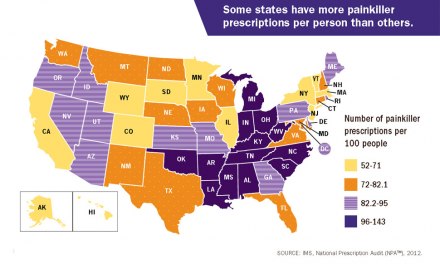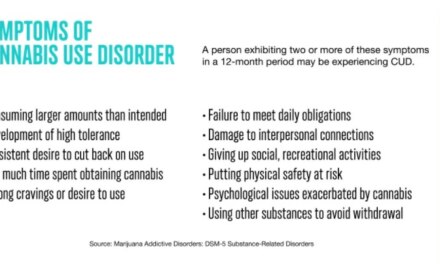This is a story about a congressman on a mission.
There’s no limit’: one congressman’s solitary crusade to rein in sports betting
His name is Paul Tonko, of New York, and he seeks to regulate sports gambling, now online and more accessible than ever. The battle has been joined.
On one side we have the gambling industry, and that means money. Some $13.5 billion paid in state & local taxes last year alone. On the other side, plenty of people who are worried about the consequences of opening up gambling to young people.
So far, the money is drawing most of the attention from the political class. Meanwhile, “Signs of climbing youth addiction rates are more likely found in treatment clinics and helpline call centers than in political press releases,” the article asserts.
That’s not exactly unexpected. Normally, there’s an extended period of time between the advent of a new form of addictive behavior – I think of them as ‘variants’, like with COViD – before consequences mount to the point where the public becomes sufficiently aware of how much damage has been done. Then there’s another gap before government resolves to do something about it.
Based on the debate, we’re obviously not at that point yet.
Think back to prescription painkillers. Pharma firms and sellers had a free run before fatality rates began to climb and users began showing up to testify publicly about their suffering. That’s when the search for a solution finally took off.
Up until that point, Purdue Pharma was just another Big Pharma firm, looking to get rich like all the rest. I imagine the learning curve will be similar with gambling.
Is the congressman right to be concerned about online sports betting? Of course he is. You’d have to be blind not to see the potential for serious problems, especially when you’re talking about high school and college-age students.
Our politicians are definitely not blind. They are, however, vulnerable to a particular kind of political procrastination.
Things aren’t that bad yet, they may tell themselves. The timing isn’t right. If the situation ever does get that bad, then we’ll leap into action.
Underlying this, of course, is the dependence some states have developed on gambling revenue. There’s money at stake here.
Still, some activities, however enjoyable, come with a high cost. Gambling is right up there near the top of the list.
Sure, we can ignore it. At least until the day comes when we can’t.












